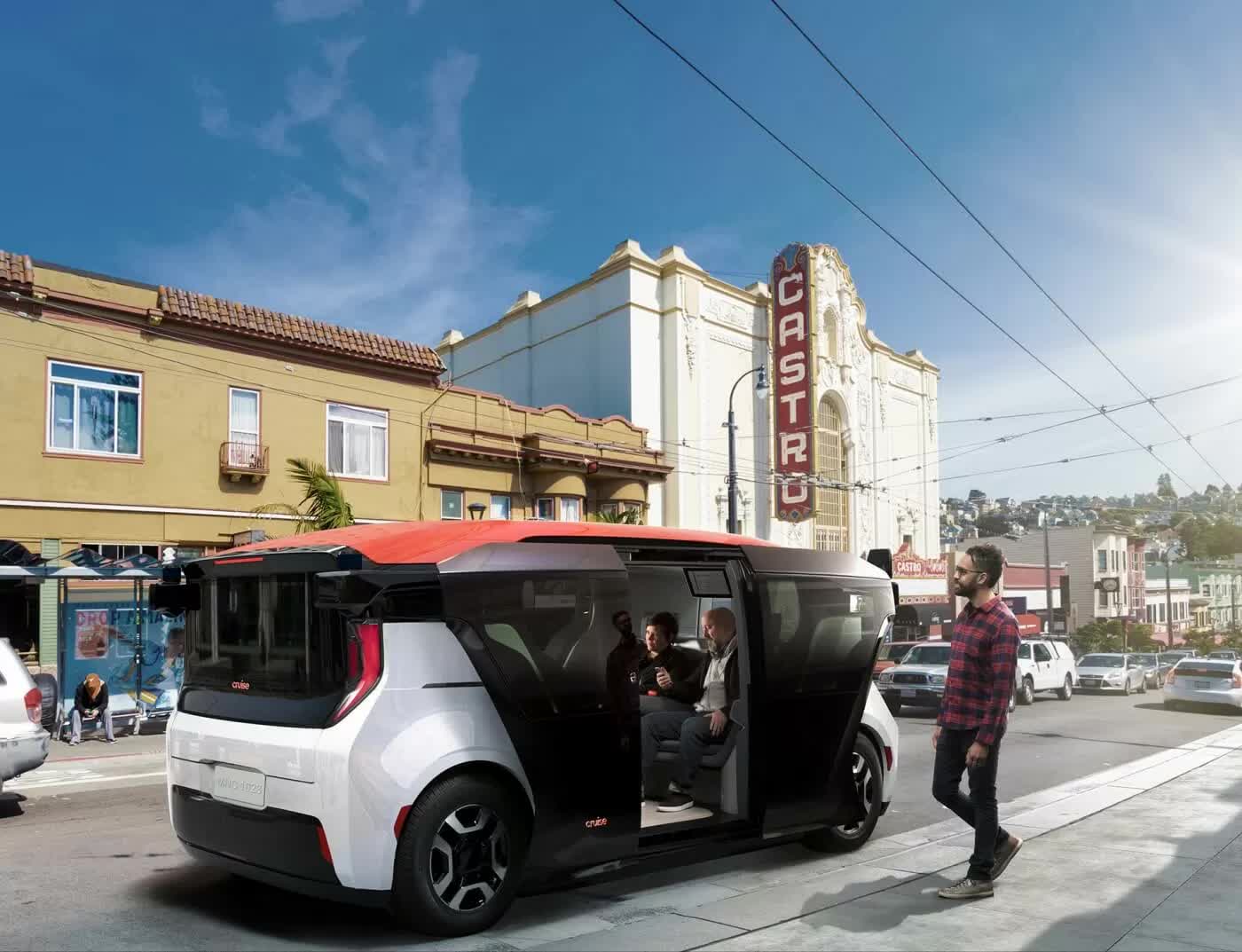2024-07-26 11:11:00
www.techspot.com
What just happened? General Motors has indefinitely shelved plans for its ambitious Cruise Origin autonomous vehicle. The Origin was supposed to be a revolutionary ride-sharing robotaxi with no steering wheel, pedals, or human controls. But steep costs and nagging regulatory hurdles have forced GM to downshift its autonomous ambitions, at least for now.
The automaker announced the pivot in an earnings call this week, with CEO Mary Barra citing the Origin’s “unique design” as creating too much “regulatory uncertainty.” That design was indeed unusual, with no immediately obvious front or rear, and not a single spot for a human driver.
Instead of the Origin, GM’s Cruise autonomous driving division will refocus on modifying existing Chevy Bolt EVs for self-driving capabilities. A new generation of autonomous Bolts is slated for production in 2025, and Barra says going this route will reduce costs per vehicle.
GM’s chief financial officer Paul Jacobson says the company “might” revisit Origin down the road, but currently the efforts are “really going to be focused” on the Bolt.

Cruise has been under fire since an incident last October when one of its self-driving test vehicles struck and dragged a pedestrian in San Francisco. California regulators swiftly grounded the robotaxis.
Cruise’s then-CEO Kevin Vogt resigned amid the fallout. And while the company has resumed limited testing in some cities like Houston and Phoenix using human safety drivers, the Origin’s splashy commercial launch seems farther away than ever.
To lead Cruise forward, GM tapped gaming vet Marc Whitten last month, hoping to help steer things back on track. But his first major move is killing the Origin, at least for now.
GM isn’t the only one dreaming of a self-driving taxi future, of course. Cruise is engaged in a race against deep-pocketed tech giants like Google parent company Alphabet’s Waymo, Amazon’s Zoox, and Tesla.
The entire industry has sunk billions into cracking this nut, with the promise of one day raking in massive profits from fleets of driverless robotaxis. However, as Cruise’s setbacks show, actually delivering on that reality has been one pothole-ridden road. Many analysts think we’re still years away from having a truly driverless car roll up, if it ever happens at all.





































![The Legend of Zelda: Ocarina of Time 100% – Walkthrough [01]](https://techcratic.com/wp-content/uploads/2024/11/1731851301_maxresdefault-360x180.jpg)






























